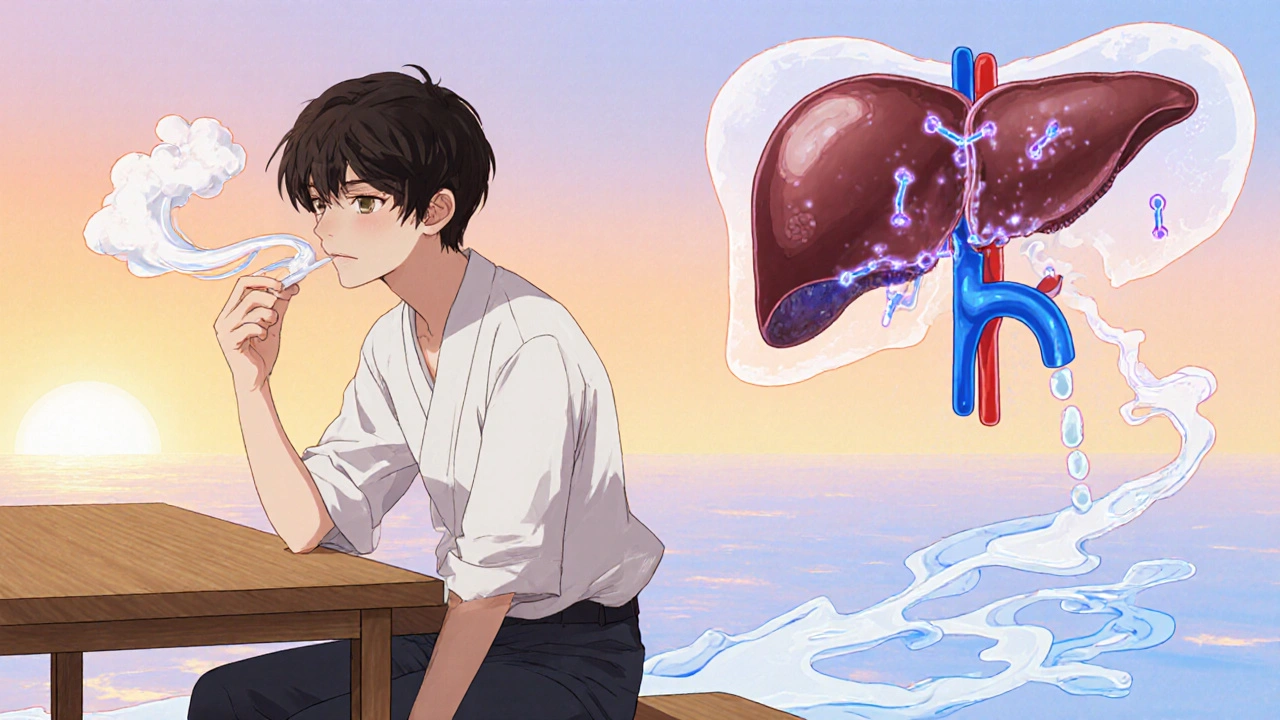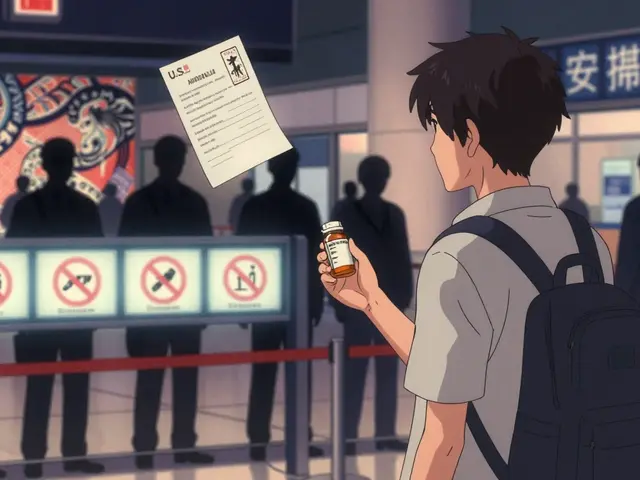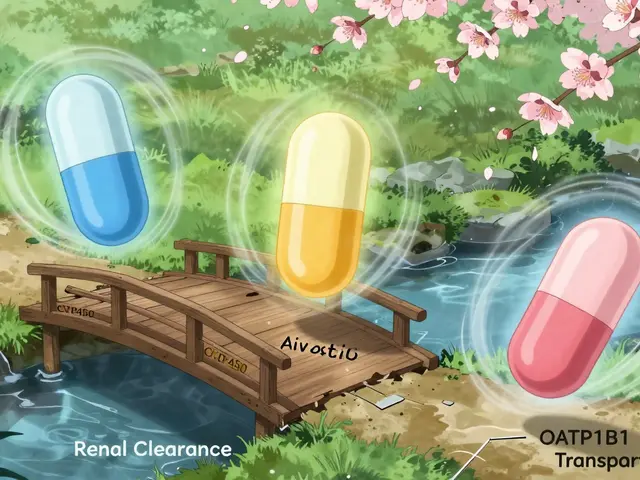Pharmacodynamic Tolerance: What It Is and How It Affects Your Medications
When a drug stops working like it used to, it’s not always because the illness got worse. Sometimes, your body changes how it responds to the medicine itself. This is called pharmacodynamic tolerance, a reduction in response to a drug after repeated use, caused by changes in how cells or receptors react. It’s different from just needing a higher dose because the disease progressed—it’s your body’s own adaptation. You might notice it with painkillers, antidepressants, or even sleep aids. The same dose that helped last month doesn’t seem to do much now.
This kind of tolerance happens at the cellular level. Receptors on your cells either become less sensitive, or your body starts breaking down the drug faster. For example, if you’ve been taking a medication for anxiety for months, your brain might start producing fewer receptors for that drug’s target, making it less effective. It’s not addiction—it’s physiology. And it’s why some people need to switch medications, even if they’re taking them exactly as prescribed. drug tolerance, the reduced effect of a drug following repeated administration is a broad term, but pharmacodynamic tolerance is the specific type tied to how your body’s systems change.
Not all drugs cause this. Some, like antibiotics, don’t trigger pharmacodynamic tolerance because they kill bacteria, not modulate your body’s signals. But drugs that interact with your nervous system—like opioids, benzodiazepines, or stimulants—are more likely to lead to this kind of adaptation. medication effectiveness, how well a drug produces its intended effect in real-world use can drop over time, even without misuse. That’s why doctors monitor long-term users closely. They’re not just checking for abuse—they’re watching for signs your body has adjusted.
What’s tricky is that pharmacodynamic tolerance can sneak up on you. You might not realize your pain isn’t better—it just feels normal now. Or you might think your sleep aid isn’t working, when really, your brain has learned to ignore it. That’s why tracking your symptoms and talking to your provider matters. It’s not about taking more—it’s about understanding when a change in strategy is needed. Sometimes, a short break from the drug (a drug holiday) can reset your system. Other times, switching to a different class of medication helps.
Below, you’ll find real-world examples of how this plays out in practice. From how stimulants lose their edge over time to why some people need to switch from one blood pressure drug to another, these articles break down the science without the jargon. You’ll see how pharmacodynamic tolerance shows up in daily life, how it’s managed, and when it’s time to ask for a different approach.
Why Medication Side Effects Fade: Understanding Tolerance Development
Learn why certain medication side effects fade over time, the mechanisms behind drug tolerance, and how clinicians manage differential tolerance for better outcomes.






